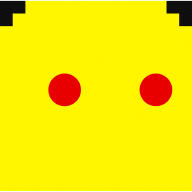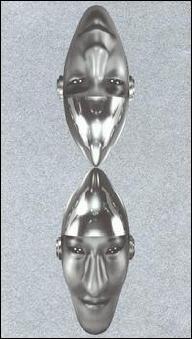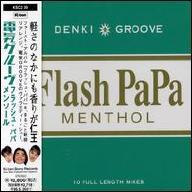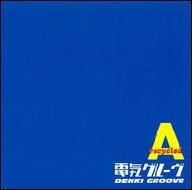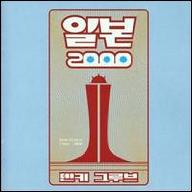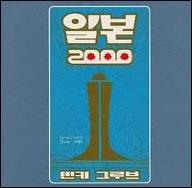They were soon picked up by Sony and in 1991, released Flash Papa, a British-engineered effort that showed a bit of the influence of such media-sampling popsters as Pop Will Eat Itself. By the end of 1991, a third album, UFO, introduced new member Yoshinori Sunahara to the mix and was one of their most polished, most strictly techno albums. The dub-influenced Karateki followed in 1992 and then a remix album Flash Papa Menthol in 1993. Vitamin marked something of a breakthrough in 1993, with layered, funky workouts that sampled disco and drum'n'bass often in the same song and produced a minor hit in "Happy Birthday," sounding like Stevie Wonder on acid (house). The strange Drill King Anthology came next, similar in idea to the Turtles' 1968 album Battle of the Bands, where Denki Groove pretended to be eight different groups for one track each, dipping into thrash metal, enka, and rock & roll. They got back to techno basics in 1994 with Dragon, then took a break to release solo projects -- Ishino turning to very aggressive techno, Sunahara indulging in lounge-pop. Taki, on the other hand, focused most of his attention on video and art installations (his work is often part of DG's live shows). In 1997 they released the single "Shangri-la," built mainly around the disco instrumental "Spring Rain" by Silvetti. It was their biggest hit, selling over half a million copies and broke the band into the mainstream charts. An album, A, followed and soon after, Sunahara left the band to explore his lounge leanings. (Surprisingly, it was Sunahara who snagged American distribution). The Denki Groove duo released a very '80s-sounding album, VOXXX, in 2000 and continue to record. ~ Ted Mills, Rovi
Denki Groove
Biography
Denki Groove (the first word in Japanese means "electricity") became one of the more successful techno/dance bands in Japan in the late '90s, with an experimental, sometimes poppy style that earned them fans above ground and underground, from the charts to the clubs. Beginning as something as a four-piece but slimming eventually down to the primary duo of Takkyu Ishino and Pierre Taki, Denki Groove has always been about a playful mixing of styles, genres, and influences. Their very first album, 662bpm by DG, was released on indie label SSE in 1990 and contained earlier versions of songs they would later go on to rewrite. They also paid their debt to Yellow Magic Orchestra with a cover of Cosmic Surfing -- and in a way, DG spent an early part of their career picking up where YMO left off, blending Eastern and Western sound and adding a big dose of self-aware, self-deprecating humor.
Top Tracks
Albums
Videos
Close


